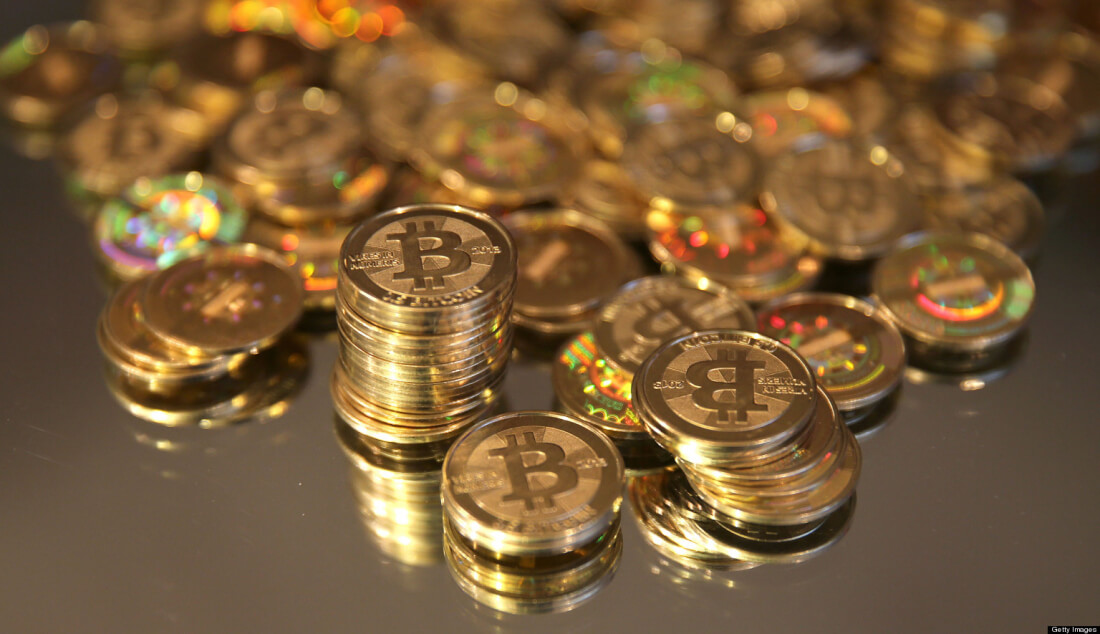
Back in December, the price of Bitcoin plummeted when South Korea introduced tighter regulations and said it was considering shutting down exchanges. Now, cryptocurrencies are falling once again after finance minister Kim Dong-yeon suggested a trading ban could still happen, pending a government review.
Kim said: “There are no disagreements over regulating speculation,” which includes a ban on anonymous cryptocurrency accounts and taxing the income made on virtual currency. He added that shutting down the exchanges was “a live option but government ministries need to very seriously review it.”
The news has seen Bitcoin drop to its lowest point since the start of December last year. At the time of writing, the price is at $11,913; around the same time yesterday, it was $13,773. Almost exactly one month ago, Bitcoin hit an all-time high of $19,783. Since then, about $125 billion has been wiped from its market cap.
Other cryptocurrencies, such as Ethereum and Ripple, have also seen steep declines of more than 15 percent this morning. In the last 24 hours, Ripple has dropped from $1.84 to $1.35.
South Korea is trying to rein in the cryptocurrency craze sweeping the country. Prime Minister Lee Nak-yeon said it could "lead to some serious distorted or pathological phenomenon."
But the people of South Korea are pushing back against the cryptocurrency regulations. A petition demanding their removal was filed with the Presidential Office on December 28 and has now reached over 200,000 signatures. The government is required to give an official response once a petition gains 200,000 names in a month.
While the petition agrees with taxing profits on cryptocurrencies, it is against extreme measures such as closing down exchanges.
https://www.techspot.com/news/72761-cryptocurrency-prices-tumble-south-korea-warns-ban-could.html